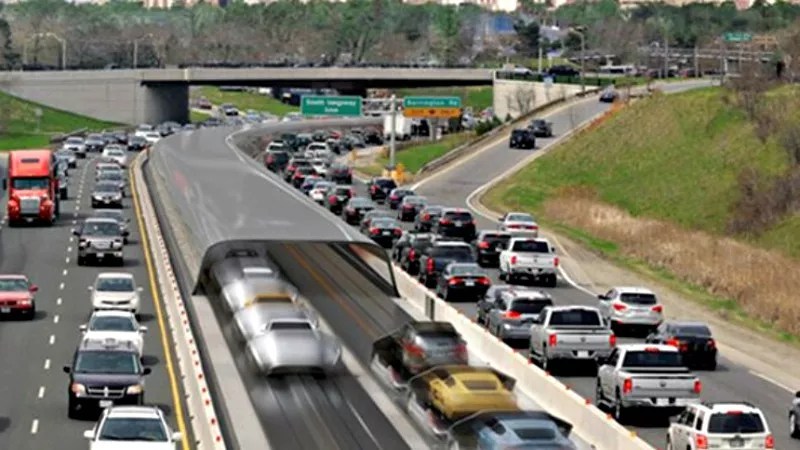
Colorado Department of Transportation/Arrivo

Audio By Carbonatix
Mere months from now, Denver-area drivers traveling near the intersection of Interstate 25 and E-470 will be able to see construction getting under way on a test track for Arrivo, a hyperloop-inspired transportation system previewed in this space yesterday. Newly released images and maps shared here present visions of a future in which vehicles on a magnetic-levitation track will run alongside traditional roadways, except they’ll be moving at a speed of approximately 300 miles per hour, covering distances that currently take an hour or more to cover in mere minutes.
“I know everyone was pretty envious when Hyperloop One picked Nevada for its test track,” concedes Shailen Bhatt, executive director for the Colorado Department of Transportation, which has entered into a public-private partnership with Arrivo that mirrors an earlier pact with Hyperloop One that’s still moving forward. “In the 21st-century war for jobs and talent, it’s 24/7, so this is quite a catch for us.”
As Bhatt explained for our previous post, Arrivo uses the same mag-lev technology as Hyperloop One, but without the vacuum-tube component. This decision means Arrivo is expected to max out at approximately half of Hyperloop One’s projected 600 miles-per-hour pace – but it also avoids safety concerns frequently cited by Hyperloop One critics, including the possibility of bringing vehicles to a screeching halt (or worse) with a single bullet that pierces the tube and breaks the vacuum seal.
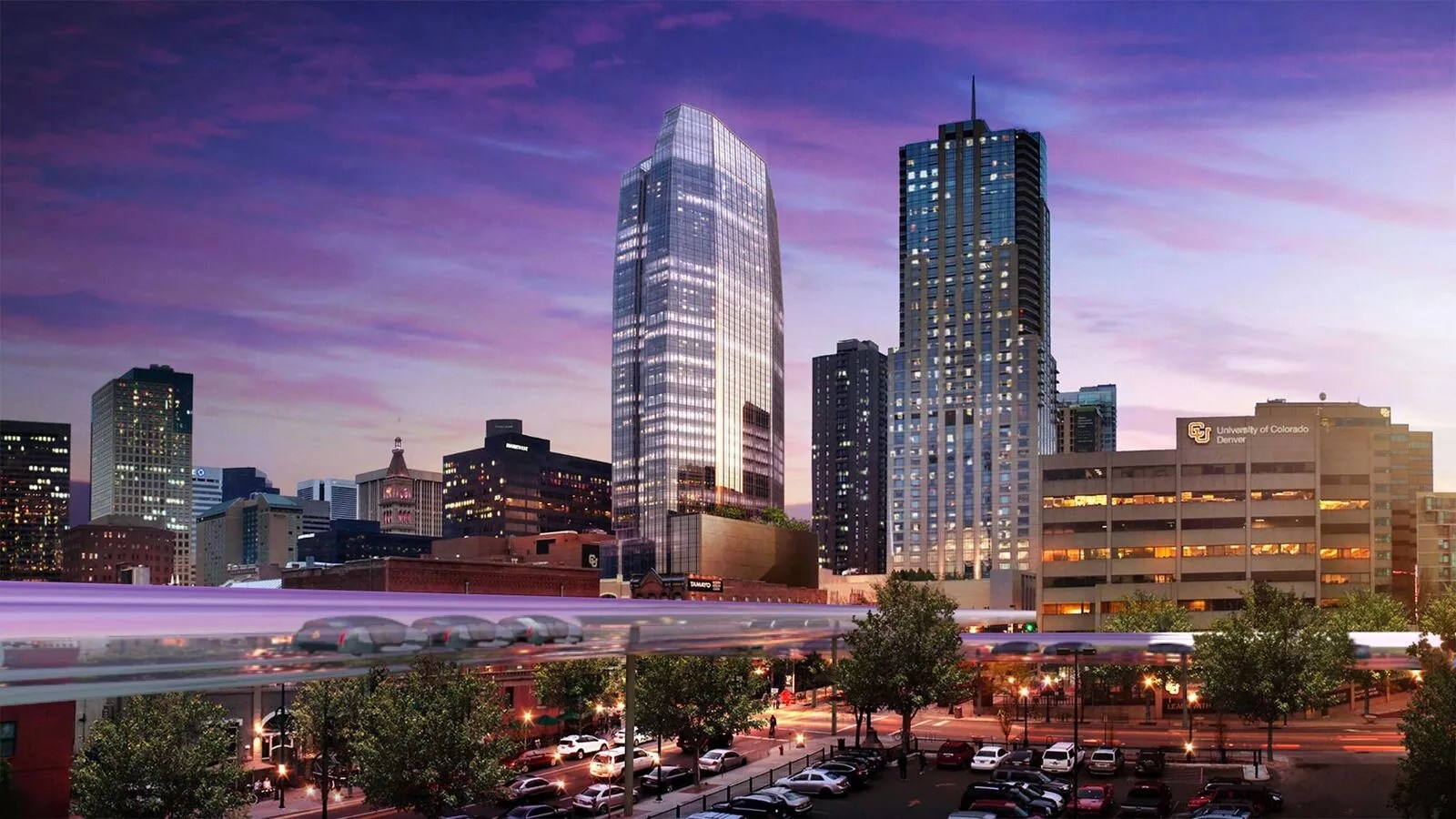
An artist’s rendering of an Arrivo track outside metro Denver.
Colorado Department of Transportation/Arrivo
If all goes well with the test track and Arrivo “can make this work,” Bhatt says, he sees tracks running within the metro area, as opposed to connecting distant cities, as Hyperloop One has proposed. Here are some estimates of local routes for the so-called Arrivo City Zipper in comparison with current commute times at rush hour.
Airport-Downtown
Driving in evening traffic: 1 hour, 10 minutes
Driving in the Arrivo City Zipper: 9 minutesBoulder-Downtown
Driving in evening traffic: 1 hour, 5 minutes
Driving in the Arrivo City Zipper: 8 minutesDowntown-Lone Tree
Driving in evening traffic: 1 hour, 20 minutes
Driving in the Arrivo City Zipper: 6 minutesDenver Tech Center-Airport
Driving in evening traffic: 55 minutes
Driving in the Arrivo City Zipper: 11 minutes
Appropriately enough, Arrivo is hoping to fast-track its proposal. “From our discussions with them, they want to have commercial service going somewhere in five years,” Bhatt points out. “In order to do that, they’ve got to get their test track up and running next year. I would anticipate breaking ground in early 2018. Now, is that January? Is that March? I don’t know. But that’s what they’re targeting, and they’re making a $10 million to $15 million investment. Their goal is to have a couple hundred employees here in Denver by the 2020 range. So it’s a pretty aggressive schedule.”
According to Bhatt, the I-25/E-470 location was chosen for a variety of strategic reasons. “There’s a Fed Ex facility out there, and the airport’s on that corridor. E-470 is an important player in this.”
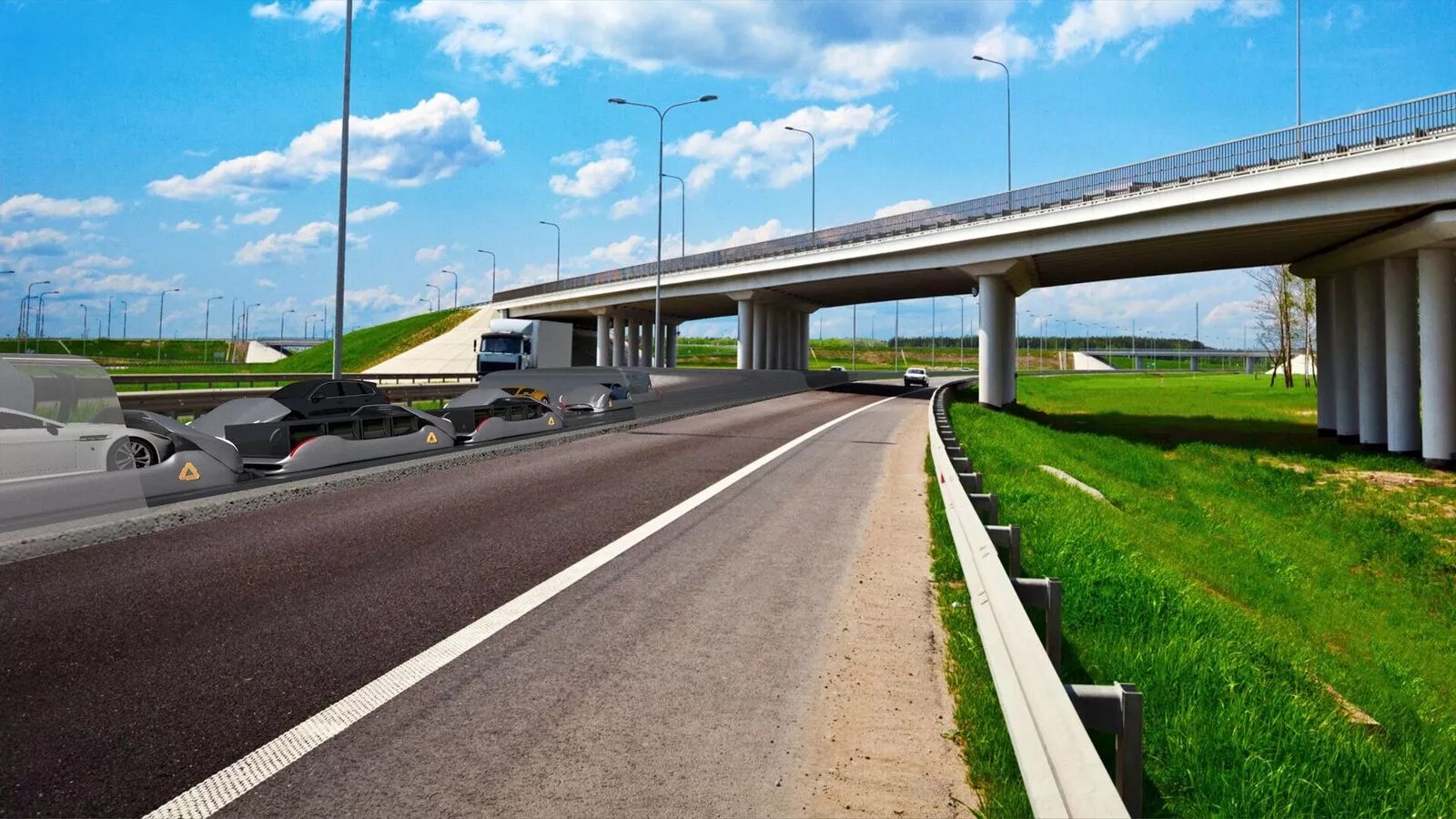
A look ahead to Arrivo on E-470.
Colorado Department of Transportation/Arrivo
In a perfect world, Bhatt sees Arrivo and Hyperloop One complementing each other. “Maybe both of them get there,” he allows, “and we’ve got a Hyperloop One interstate system that’s going and an Arrivo intra-regional system that’s going. We don’t know if that will happen, but we wish both of them well – and I’m glad that private-sector companies view Colorado and CDOT as innovative partners that are willing to push the envelope to see how we can deploy this technology more quickly. Our goal is to make people’s lives better, and with this technology stuff, we know that sooner saves lives.”
Bhatt isn’t sure if the Arrivo and Hyperloop One deals make CDOT the most progressive state transportation agency in the country right now, “but I’d say we’re certainly among the early adopters or converts around technology helping us operate our system much more effectively. We’ve moved past the concept of, ‘Let’s just expand the old system, expand the old system.’ And having the Arrivo test track here in Colorado is a big deal, because along with the investment, you’ve got all of these engineers, this little nucleus of tech talent. And there are so many spin-off possibilities.”
Below, see more artist renderings of Arrivo in Denver, as well as maps showing potential routes and the test-track locale. That’s followed by the complete Colorado Department of Transportation release about the project.
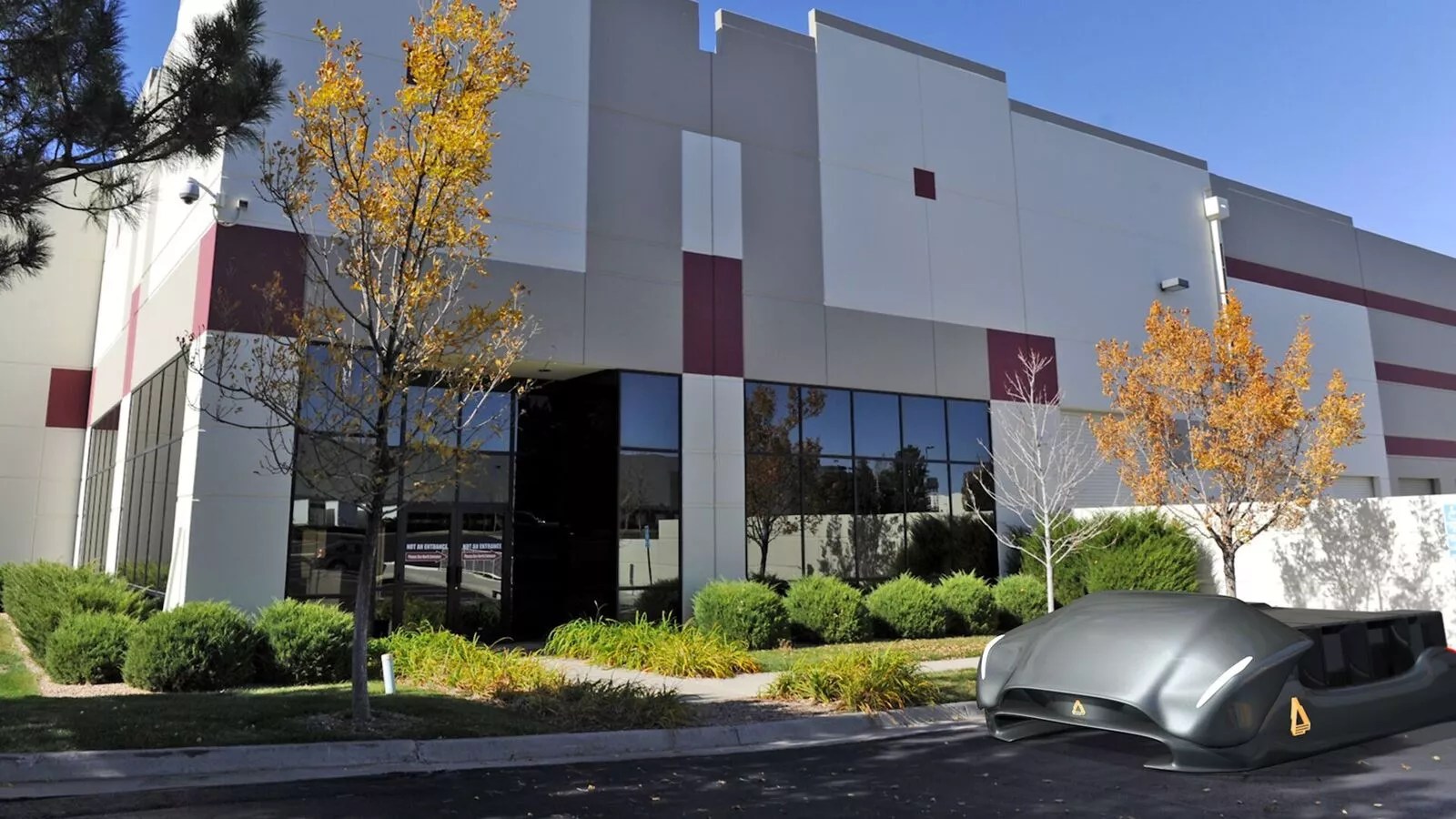
Arrivo in Aurora.
Colorado Department of Transportation/Arrivo
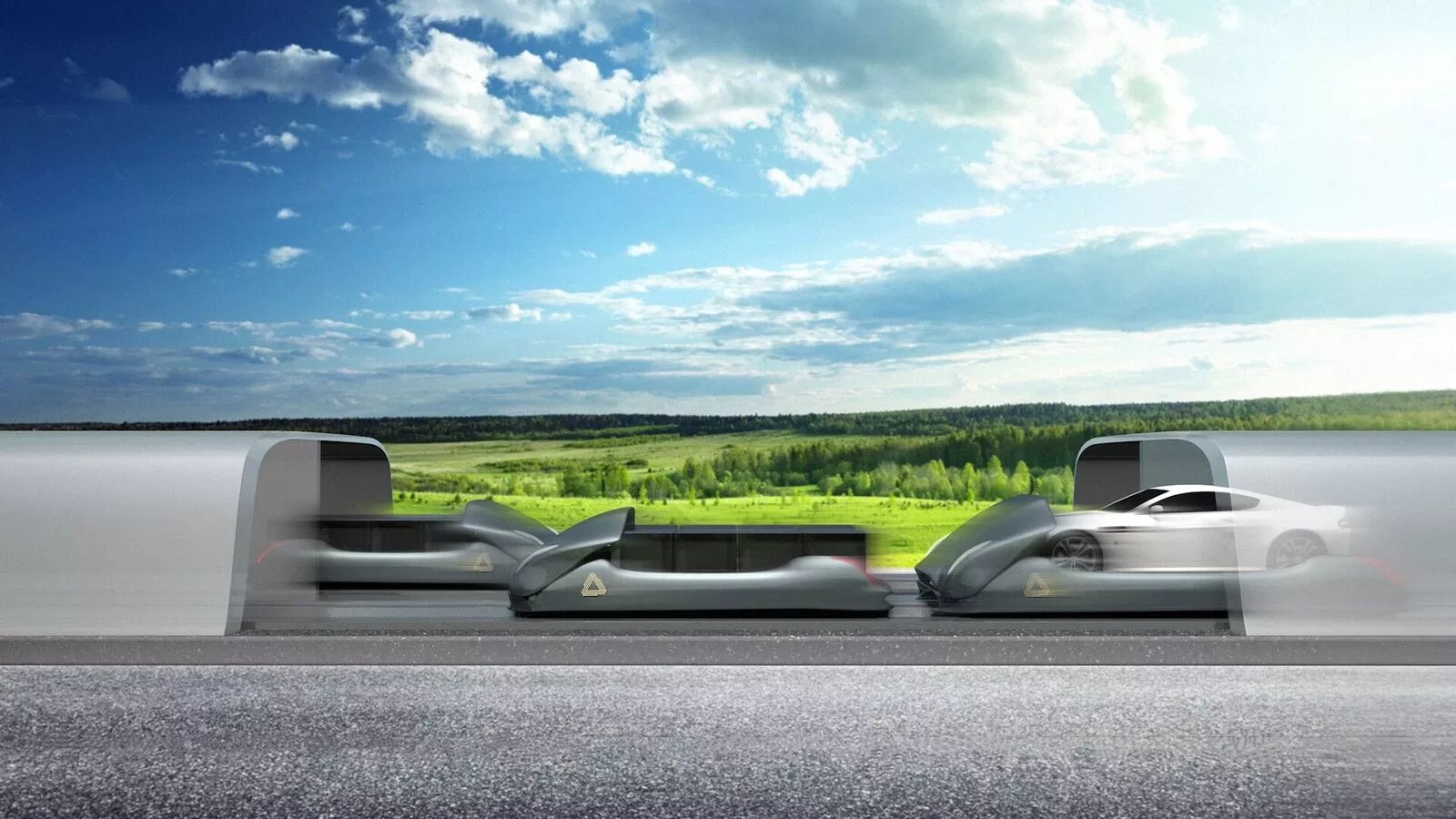
An Arrivo freeway mock-up.
Colorado Department of Transportation/Arrivo
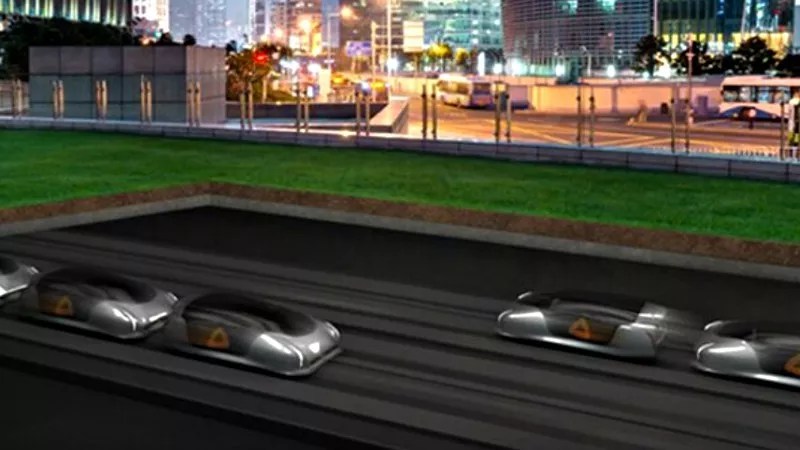
Arrivo tracks could also be put underground.
Colorado Department of Transportation/Arrivo

Potential Arrivo routes in metro Denver.
Colorado Department of Transportation/Arrivo
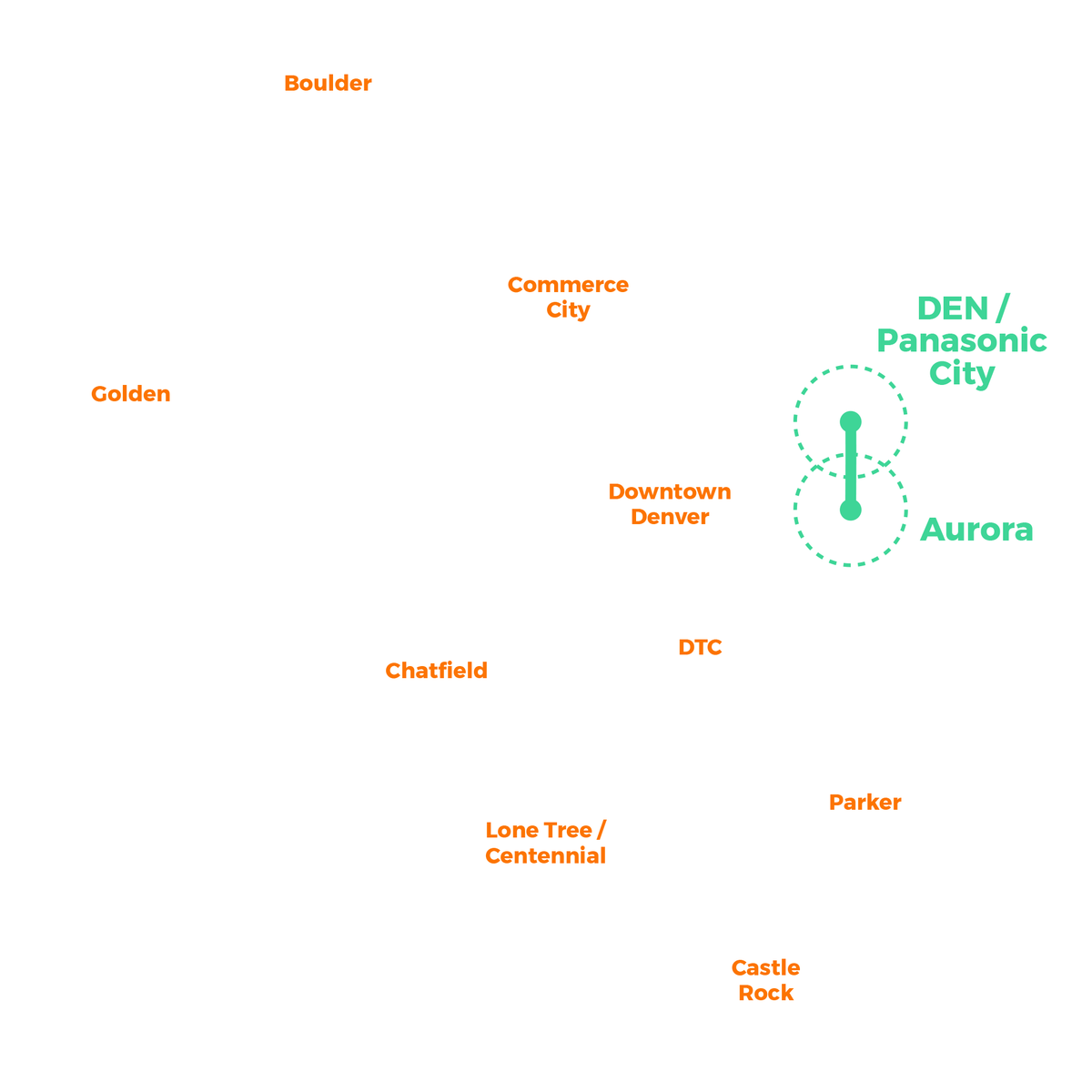
The test-track locale.
Colorado Department of Transportation/Arrivo
Colorado Department of Transportation release:
CDOT, Arrivo and E-470 Announce Major Partnership to Build Hyperloop-Inspired Transportation System
Arrivo Infrastructure and Vehicle System to Invest in Colorado and Build Test Track
The Colorado Department of Transportation (CDOT), E-470 Public Highway Authority and Arrivo, a next-generation transportation company engineering a hyperloop-inspired infrastructure and vehicle system, announced a public-private partnership to build the first ever “Arrivo” super-urban network to serve the greater Denver region.
“21st Century transportation technology is finally arriving, and Denver is positioned to be the early benefactor,” said Brogan BamBrogan, Co-Founder of Arrivo. “Everyone is a winner with our technology. Passengers and cargo arrive quickly and efficiently at extremely low cost. The whole region also wins as our high-throughput enables more total miles traveled to support growth and economic firepower. Arrivo will end traffic and future-proof regional mobility. Now that’s a big win.”
Based in Los Angeles, California, and now also in Aurora, Colorado, Arrivo includes a team of veteran engineers and transportation experts, including early SpaceX engineer Brogan BamBrogan. Arrivo will also be expanding its corporate operations by building an Engineering and Technology Center in the Denver region. This will feature a full-system test track adjacent to the E-470 Toll Highway where the proposed first commercial leg of the Denver network will be built.
“Colorado’s rapidly growing population and booming economy makes for the ideal location for the development of an Arrivo system,” said Governor John Hickenlooper. “Arrivo’s additional decision to locate their test facilities, adding up to 200 employees by 2020 and $10 to 15 million to our economy in 2018, is a testament to the culture of innovation that drives our economic engine.”
Unlike the hyperloop model, Arrivo is focused on regional distances, providing high-speed travel to connect every part of a super-urban region such as Denver in less than 20 minutes. Engineered for maximum versatility, the Arrivo system propels four models of vehicles that serve different passenger and cargo needs through an enclosed, electromagnetic superhighway. The technology uses magnetic levitation to make the vehicles float, and electric power to move them forward. Additionally, Arrivo’s proprietary technology keeps the system moving at full speed and delivers each vehicle directly to its destination.
“Arrivo’s system is an additional layer of transportation designed to complement existing modes of transportation, connect with the airport, the metro, and even allow people to use it with their own car. The residents, visitors and businesses of Denver will now have a new tool to be anywhere they want to be,” says BamBrogan.
“We are reaching max roads in many cases in Colorado. Arrivo has a unique and practical approach to implementing hyperloop technology to eliminate traffic and dramatically improve the way people and goods move around the city,” said Shailen Bhatt, Executive Director of CDOT. “As part of the next steps, we are committed to working with Arrivo on the feasibility of how we address mobility in our state.”
As a first phase, Arrivo and CDOT will conduct a feasibility study for the first commercial leg, in conjunction with construction of the Arrivo test site near E-470. Arrivo plans to have the first commercial route operating in Denver in the next 4 to 5 years, which could also serve as a high-speed connector for other transit systems entering into the Denver area.
“E-470 has transformed over the years from a well-managed, successful road to include a technically-charged organization that is leading the toll industry through its continuous advancements in the area of technology,” said Sandy Bish, Information Technology Director at E-470 Public Highway Authority. “We look forward to working with Arrivo and CDOT to review the potential development of this innovative technology that could improve mobility in Colorado.”
For the past year, Arrivo has focused on finding strategic projects and partners to accelerate its commercial ambitions. This included linking with AECOM, which has experience designing, building and financing global transportation projects around the world.
About RoadX
RoadX is CDOT’s bold vision and commitment to being a national leader in using innovative technology to create travel in Colorado that’s free of crashes, injuries and delays. To learn more about this rapid, fast-paced venture to transform our aging transportation system, visit roadx.codot.gov.
About Arrivo
Arrivo is a next-generation transportation company engineering hyperloop-inspired infrastructure and vehicle systems that will dramatically change the future of travel, and ultimately eliminate traffic. Based in Los Angeles, California, Arrivo includes a team of veteran engineers and transportation experts. At Arrivo, everyone is an engineer in their own right; deeply trained and deeply passionate about designing and building a company, a technology and an infrastructure to not only transform transportation, but also reimagine the way we build cities and regions in the future.
About E-470
E-470 is the 75-mph toll road running along the eastern perimeter of the Denver metropolitan area. E-470 is a user-financed roadway, receiving no local, state or federal funds for financing, construction, operations or maintenance. E-470 is a political sub-division of the state governed by the E-470 Public Highway Authority Board composed of eight local governments including Adams, Arapahoe and Douglas counties, and the municipalities of Aurora, Brighton, Commerce City, Parker and Thornton. E-470 also operates ExpressToll, the all-electronic toll collection system available on E-470, Northwest Parkway, and Colorado’s Express Lanes.